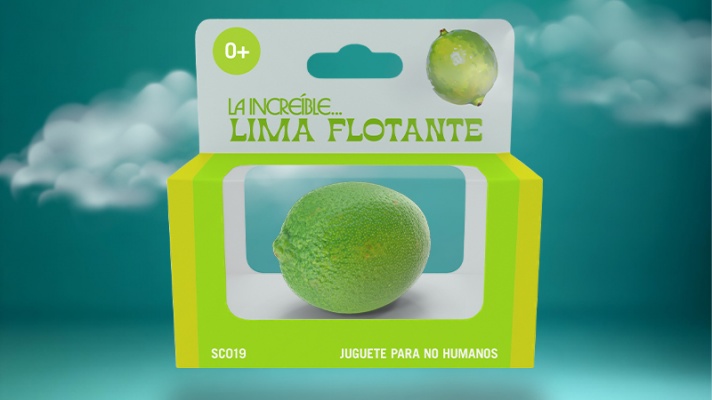Descripción de la Exposición
The first genocide of the 20th century was committed by the German Empire in 1904-1908 in South West Africa, today's Namibia. The genocide was directed against the Nama and Herero ethnic groups, the indigenous people of this region.
In the course of the division of Africa by the European powers in the Berlin Conference of 1884/1885, the German Empire acquired the right to colonize South West Africa. Colonial policy included the expulsion of the local Nama and Herero communities from their fertile land so that German colonizers and farmers could settle there.
As an artist and human rights activist, Marcelo Brodsky believes in the importance of art in the social debate. Their ability to influence the public opinion-forming process and attract media attention.
The subject of human rights violations was and is a central part of his art.
Brodsky became internationally known with his work cycle "Buena Memoria" (1997) about the kidnapping of some of his classmates and his brother Fernando Brodsky by the death squads during the Argentine military dictatorship. Fernando's body has not been found to this day. Other series of works followed, such as “1968 The Fire of Ideas”, “Africa Fighting for Freedom” or “Migrants”.
As part of his human rights activities, Brodsky met the German human rights lawyer Wolfgang Kaleck, who came to Argentina 20 years ago to defend the cases of German citizens who have disappeared due to state terror. Kaleck is the founder and director of ECCHR (European Center for Constitutional and Human Rights). This Berlin-based organization has a team of international lawyers who work for global justice, defend political prisoners and fight human rights violations and crimes against humanity with legal means.Wolfgang Kaleck informed Marcelo Brodsky about the case and the genocide in South West Africa. With his help, Brodsky contacted the Ovaherero Genocide Foundation based in Namibia and offered them his collaboration to develop an art project on their case and present it in an art space in Berlin.
The photographs that Brodsky collected in archives, agencies and universities for two years were taken by the colonialists or their helpers (soldiers, missionaries, journalists, etc.). They are irrefutable evidence of the brutal violence of the perpetrators.After reading Mark Sealy's book “Decolonizing the Camera”, which describes that every time a colonialist image is shown, its violence is reproduced, Brodsky decided to radically rework these images.
As in his previous series of works, Brodsky enlarges and reworks the photographs underlining of the aesthetic effect of the motif by reworking the colours by hand. The beautiful becomes more beautiful, the horror becomes more horrific.His own short text contribution, typical of his works, expresses the voice and point of view of the colonizers in every single coloured photo. They show violence very clearly, which makes it rather disturbing for the viewer.
Various representatives of Nama and Herero organizations present their views on the events more than a hundred years ago as well as their demands on German politics in short essays. In addition, scholars, art historians and lawyers from various positions write on this topic.

Exposición. 16 abr de 2025 - 11 may de 2025 / Centro Botín / Santander, Cantabria, España

Formación. 08 may de 2025 - 17 may de 2025 / Museo Nacional Centro de Arte Reina Sofía (MNCARS) / Madrid, España